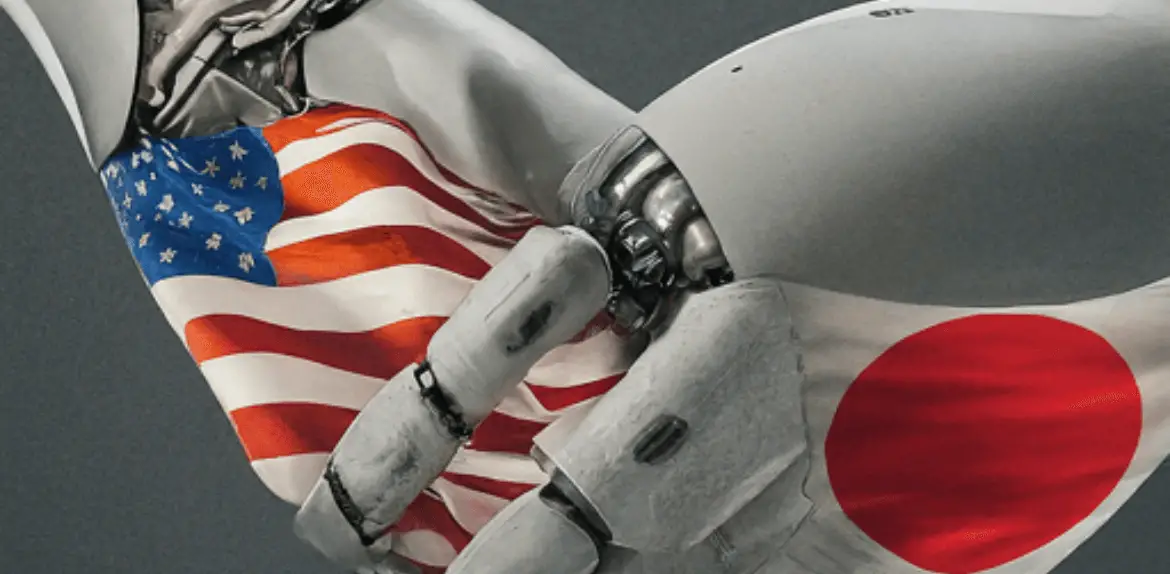
US and Japan announce extensive AI and tech collaboration
The US and Japan have announced many new projects in AI, quantum computing, semiconductors, and other important areas of technology.
President Biden and Japanese Prime Minister Kishida Fumio, who was in the US for an official visit, announced the major plans this week.
The leaders reaffirmed their support for many areas, such as defence, climate change, development, and humanitarian work. However, the new technology partnerships were the main focus and showed how the US-Japan alliance is changing into a global partnership based on innovation.
AI takes the main stage
A partnership worth $110 million between the University of Washington, the University of Tsukuba, Carnegie Mellon University, and Keio University is one of the most important projects. The programme, which has the support of Japanese companies as well as tech giants like NVIDIA, Arm, Amazon, and Microsoft, aims to make the US and Japan leaders in cutting-edge AI research and development.
Additionally, the US and Japan pledged to assist each other in establishing national AI Safety Institutes and to collaborate in the future on AI safety standards, evaluations, and risk management frameworks that both nations could use.
The countries pledged to be transparent about AI-generated or AI-modified content on official government channels to reduce the risks associated with AI. They promised to conduct technical research and standard-setting work to identify and verify fake media.
The quantum jumps
The National Institute of Standards and Technology (NIST) in the US and the National Institute of Advanced Industrial Science and Technology (AIST) in Japan are working together to build strong quantum supply chains.
The Universities of Chicago, University of Tokyo, and Seoul National University announced their collaboration to train a quantum workforce and maintain competitiveness.
The US and Japan welcomed new business deals, which include Quantinuum, which will provide $50 million in quantum computing services over five years to Japan’s RIKEN institute.
The announcement of several semiconductor projects included collaboration between Japan’s Leading-edge Semiconductor Technology Centre (LSTC), the US National Semiconductor Technology Centre, and the National Advanced Packaging Manufacturing Programme. Through technical workshops, the countries promised to explore ways to work together to develop their semiconductor workforces.
The alliance announced other business deals in fields such as biotechnology, finance, transportation, batteries, robotics, cloud computing, telecommunications, and more. This shows how the alliance is combining public and private efforts.
Developing People
The focus of STEM education exchanges, technology curriculums, entrepreneur programmes, and talent circulation efforts was on building up human capital to power the next wave of digital innovation.
The latest technological advances get a lot of attention, but the many programmes that aim to train, exchange, and support researchers, innovators, and professionals in these fields could be just as important. The US and Japan seem set on working together to strategically develop and use their human resources while also making progress on AI, quantum technology, chips, and other cutting-edge technologies.
In a time when strategic competition is growing, both countries clearly understand how important it is to build ecosystems that work together to support important technologies. This will improve their competitiveness, economic growth, and national security.


